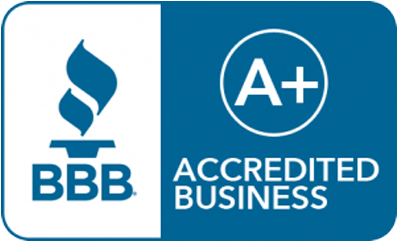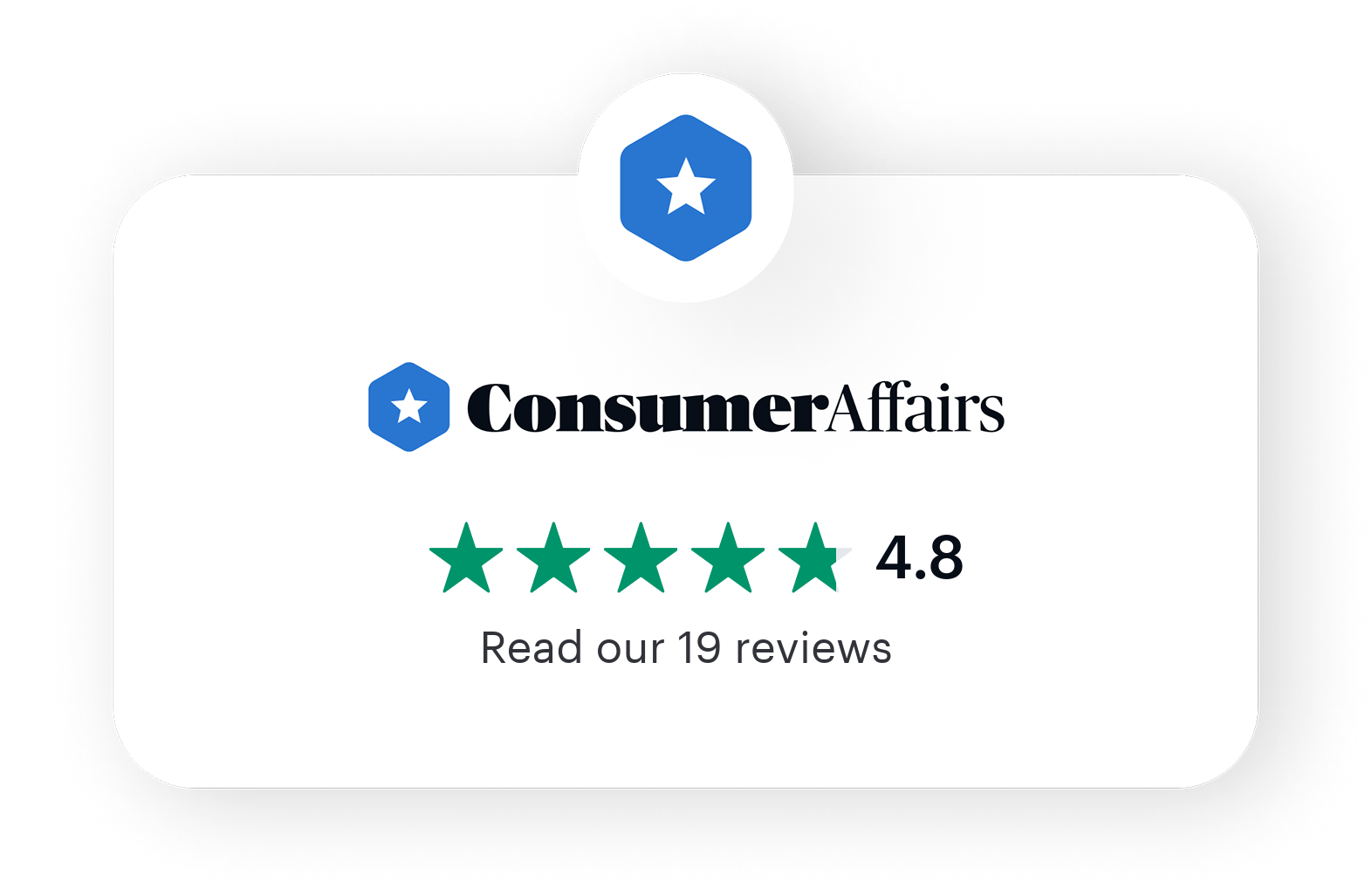ANTI-MONEY LAUNDERING COMPLIANCE (ALM)
Adoption of Anti-Money Laundering Compliance Plan
In accordance with the letter and spirit of law, Fisher Capital is dedicated to maintaining the highest standards of vigilance in combating money laundering and related crime.
Fisher Capital’s implementation of policies, procedures and internal controls are designed to achieve the highest standards of compliance with Bank Secrecy Act (BSA), USA PATRIOT Act, AML programs and all other regulations regarding the fight against financial crimes.
Fisher Capital’s legal department receives daily bulletins from the Financial Crimes Enforcement Network and is committed to reviewing AML strategies and objectives on an ongoing basis to maintain an efficacious AML program.
Adherence to this policy is mandated for employees of Fisher Capital. We are dedicated to adherence to following best industry practices. This includes communicating with the public and our customers about regulatory policies pertaining to precious metals and investments. We are required and dedicated to adhere to the required implementation and maintenance of an AML program that complies with SRO rules.
Training and Enforcement of AML Policies & Procedures
Fisher Capital senior management has elected a AML compliance officer to implement and train employees of the firm to adhere to an effective compliance program. Training at Fisher Capital includes and exemplifies the minimum standards for AML compliance including how to identify suspicious activity and structured transactions, record keeping, recording, and reporting requirements, verifying identification, and familiarity with anti-money laundering statutes.
Fisher Capital requires all team members to undergo mandatory and ongoing compliance training to detect, fight and prevent money laundering and similar crimes. The AML compliance program is directed by senior management, legal and AML officers and fulfills the ongoing programming requirement outlined by the USA PATRIOT Act. Particular focus will be placed on training risk based procedures for conducting ongoing customer due diligence which should include and not be limited to: 1) understanding the nature and purpose of customer relationships to be able to develop a risk profile and 2) conducting ongoing monitoring to identify and report suspicious transactions as well as maintaining and updating customer information, including beneficial ownership information for legal entity customers.
Fisher Capital affirms to formally designate a capable person to serve as its Compliance Officer. The designated employee shall hold a position of authority that enables them to apply an effective Anti-Money Laundering Compliance Program. The Compliance Officer, along with senior management, is responsible for ensuring the ongoing compliance with all federal and state anti-money laundering laws and regulations.
The Compliance Officer’s duties will include: ensuring the anti-money laundering program is implemented effectively; ensuring that the anti-money laundering program is updated as necessary to reflect changes in the risk assessment, statutory requirements, and further guidance issued by the Department of the Treasury; and ensuring that appropriate personnel are trained in accordance with the policy. The Compliance Officer will maintain a list of all names of individuals available on the US Department of Treasury website to conform with the OFAC enforcement of prohibition from conducting financial transactions with Specially Designated Nationals, including but not limited to terrorists and drug dealers.
The Compliance Officer is responsible for ensuring that a periodic review is conducted on the quality of the Compliance Program. This review may not be conducted by the Compliance Officer. The review should be done by a senior level employee or qualified professional who understands the requirements of an effective compliance plan.
Employees shall be trained to identify transactions that may involve use of the dealer to facilitate money laundering or terrorist financing, including, but not limited to, transactions that involve:
>Unusual payment methods, such as the use of large amounts of cash, multiple or sequentially numbered money orders, traveler’s checks, or cashier’s checks, or payment from third parties;
>Unwillingness by a customer or supplier to provide complete or accurate contact information, financial references, or business affiliations;
>Attempts by a customer or supplier to maintain an unusual degree of secrecy with respect to the transaction, such as a request that normal business records not be kept;
>Purchases or sales that are unusual for the particular customer or supplier, or type of customer or supplier; and >Purchases or sales that are not in conformity with standard industry practice.
Employees shall do all of the following:
Require appropriate customer identification for all transactions
Report all cash transactions above $10,000 with an IRS Form 8300
Report suspicious transactions to appropriate governmental authorities without delay.
Fisher Capital ALM policy places emphasis on identification and reporting all main elements of money laundering including placement, layering and integration. Placement is used to launder cash placed into the financial system to obfuscate origin of the money. For example, when a small amount of illegal money is used to purchase a money order or precious metals over a long term for the purposes of evading detection of a larger amount of cash, this is a form of placement called “smurfing.” Layering is the transfer of illegal funds through several forms in an attempt to confuse efforts to track the origin of funds. Inflating the value of receipts over the retail value of products in a business that accepts cash is a method of layering and is illegal. Integration is another form of money laundering that involves profiting from the expenditure of illegal funds on the purchase of goods such as automobiles, real estate or precious metals. Illegal money becomes hidden in the value of another asset, purchased in part of whole with laundered cash.
Fisher Capital does not serve and will hold accountable any entity under suspicion of any attempt or form of money laundering to the full punishment of law. Training serves to ensure identification, reporting and flagging of any and all potential illegal activity in correspondence with regulatory mandates.
Compliance with the USA PATRIOT Act
Furthermore, as Fisher Capital is required to conform to regulations pertaining to businesses accepting cash as payment. Our policies have clearly outlined standard operating procedures for its employees to adhere to when handling financial transactions, in order to detect and stop money laundering activities. These operating procedures are to be managed by the internal Compliance Officer.
The USA PATRIOT Act specifically outlines the requirements to which financial institutions must adhere to protect against money laundering. It imposed a number of AML obligations directly on broker-dealers, including:
>AML compliance programs;
>customer identification programs;
>monitoring, detecting, and filing reports of suspicious activity;
>due diligence on foreign correspondent accounts, including prohibitions on transactions with foreign shell banks; >due diligence on private banking accounts;
>mandatory information->sharing (in response to requests by federal law enforcement);
>compliance with “special measures” imposed by the Secretary of the Treasury to address particular AML concerns;
In addition to maintaining the policies outlined in the US PATRIOT Act, the Compliance Officer must also make sure that all federal and state anti-money laundering laws are also enforced. The Compliance Officer shall assure that policies and procedures are followed, procedures are updated as follows independent review and updated regulatory policy, training and education are provided, and reports are properly filed. The Compliance Officer shall enforce an ongoing employee training program that explains policies and procedures, teaches how to identify suspicious activity.
ALM Compliance Independent Review
In accordance with the USA Patriot Act, Fisher Capital is required to conduct and independent review of its own compliance program. A senior level employee of Fisher Capital, or another qualified party such as Fisher Capital’s attorney or accountant, may conduct the review – as the designated Compliance Officer cannot conduct the review.
In accordance with the USA PATRIOT Act, AML Compliance reviews must be done commensurate with the dealer’s assessment of the money laundering and terrorist financing risks associated with its line of business. Whoever conducts the AML Compliance review must be familiar with the Compliance Program and anti-money laundering requirements for a precious metals dealer. Furthermore, the review shall take place as needed and be as thorough as needed based on the risks of operations.
The review and assessment of AML policies and training will take into account (i) the type(s) of products the dealer buys and sells, as well as the nature of the dealer’s customers, suppliers, distribution channels, and geographic locations; (ii) the extent to which the dealer engages in transactions other than with established customers or sources of supply, or other dealers subject to this rule; and (iii) whether the dealer engages in transactions for which payment or account reconciliation is routed to or from accounts located in jurisdictions that have been identified by the Department of State as a sponsor of international terrorism under 22 U.S.C. 2371; designated as non-cooperative with international anti-money laundering principles or procedures by an intergovernmental group or organization of which the United States is a member and with which designation the United States representative or organization concurs; or designated by the Secretary of the Treasury pursuant to 31 U.S.C. 5318A as warranting special measures due to money laundering concerns.




